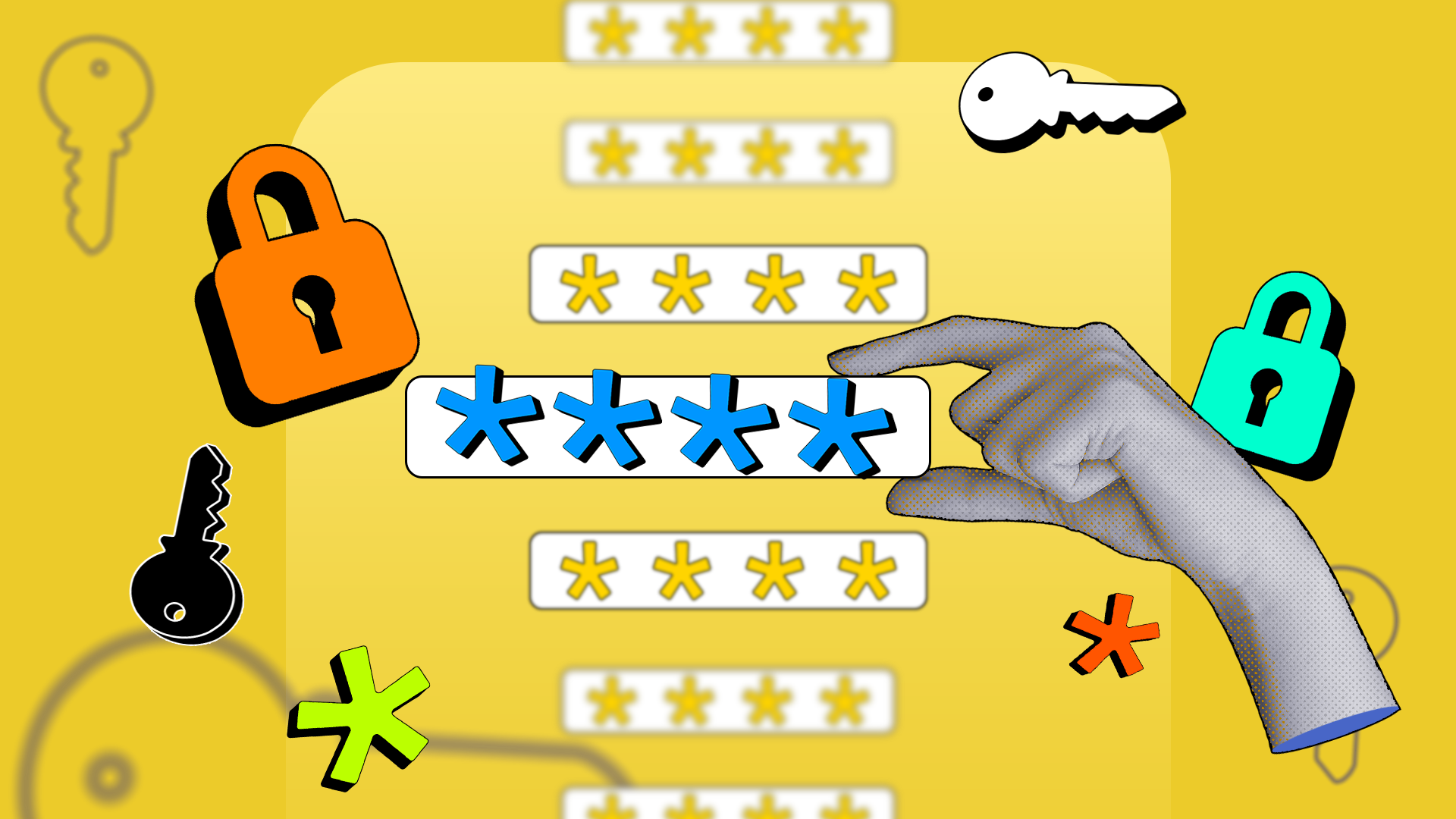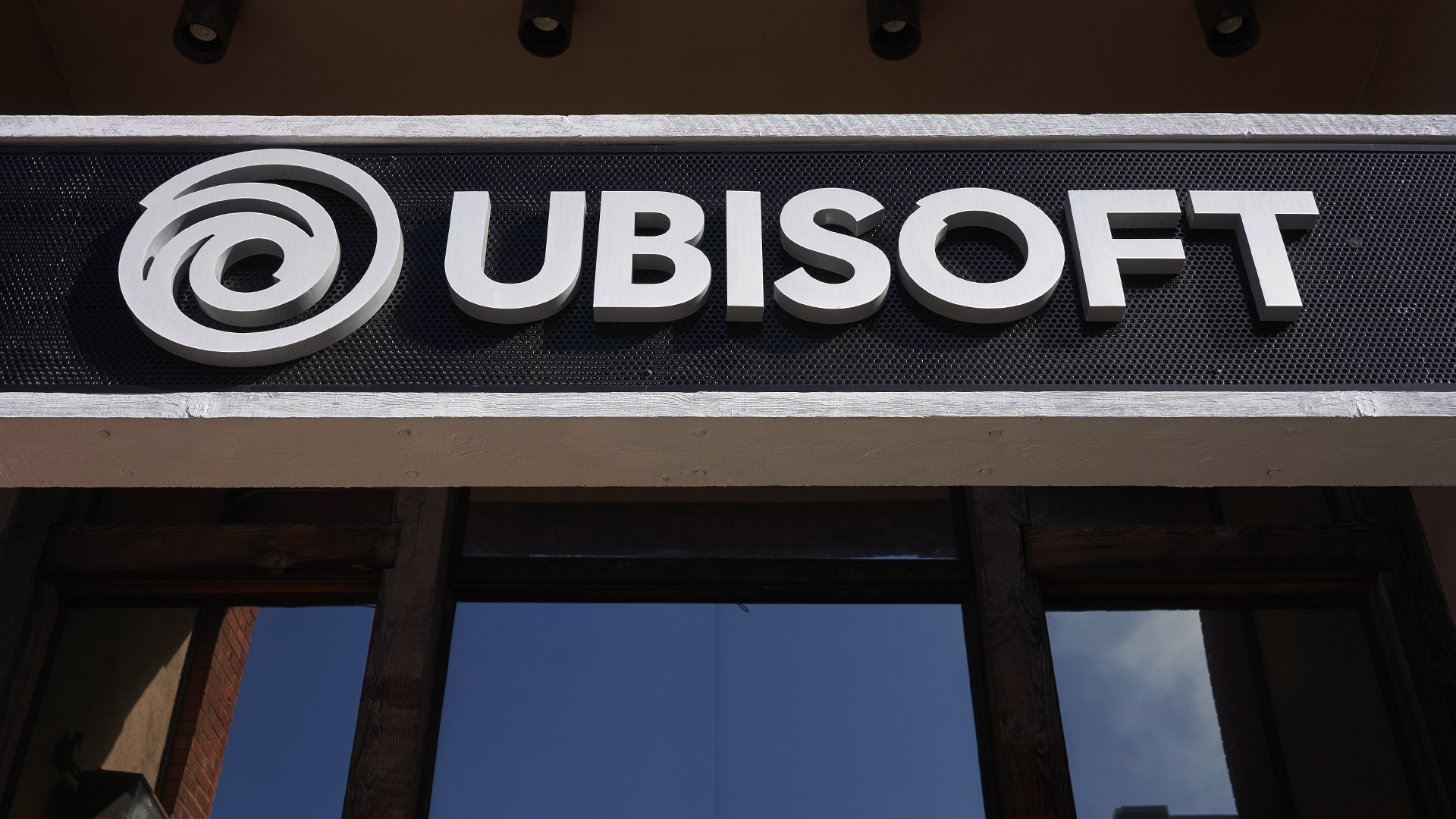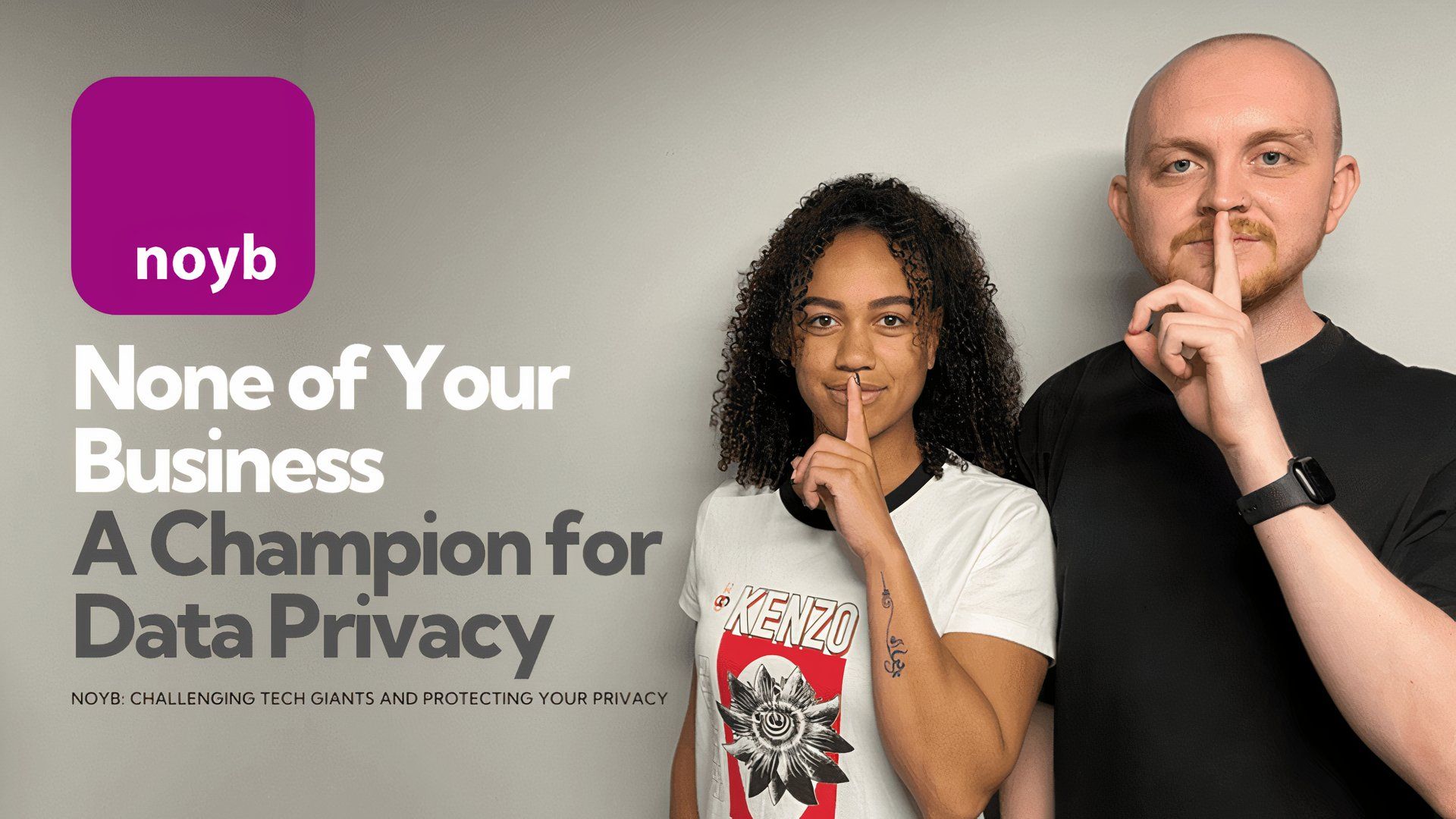It’s no secret that Ubisoft isn’t one of the most beloved publishers in the gaming world. The company has been riddled with controversy over the years, and it can’t seem to get out of its own way—as seen with its repeated attempts to push Web3 elements into games, despite unending backlash.
The latest issue has been brought to light by noyb, a privacy advocacy organization focused on enforcing data protection laws. Recently, noyb filed a complaint against Ubisoft for requiring customers to connect to the internet to access single-player games and for utilizing those connections to stockpile extensive player behavior data.
Without further ado, let’s examine the details of the complaint, Ubisoft’s defense, and why the outcome of this case could have long-lasting implications.

Related
How Ubisoft Learned Its Lesson After Killing Online Racing Game ‘The Crew’
Sometimes complaining about a game has a positive outcome.
What Ubisoft Is Being Accused Of
Ubisoft, the developer and publisher behind iconic franchises like Assassin’s Creed,
Assassin’s Creed,
Far Cry, and Prince of Persia, is under fire for forcing customers to connect to the internet every time they launch a single-player game—even when those games don’t have any online features.
The complaint alleges that Ubisoft is using these forced connections to collect detailed player behavior data. This includes when a player starts a game, how long they play, and when they close it. However, evidence suggests the scope of the data collection may go even further.
In one cited example, an individual playing Far Cry Primal reportedly saw the game establish a connection to external servers 150 times within just ten minutes. More concerning, the complaint claims that some of this data was transmitted to third parties, including Google, Amazon, and U.S. software company Datadog.
Noyb argues that Ubisoft is using this system to collect and harness user data to generate additional profits. Lisa Steinfield, a data protection lawyer at noyb, stated:
“Video games are expensive—but that doesn’t stop companies like Ubisoft from forcing their customers to play offline games online unnecessarily, just so they can make more money by tracking their behavior.”
Noyb is asking the Austrian Data Protection Authority (where noyb is based) to rule that Ubisoft’s processing of personal data is unlawful, order the company to delete all data collected under these practices, and halt further collection. They are also seeking a fine of up to approximately $105 million.
Ubisoft’s Defense: Does It Hold Up?
Ubisoft claims that it engages in this tracking “in order to provide you with a better game experience,” yet fails to explain exactly how that’s true. Another defense offered is that the tracking is necessary for security purposes, such as anti-piracy measures to verify ownership. But Ubisoft tracks players even when they purchase games through platforms like Steam—which already performs license verification.
Complicating Ubisoft’s defense further is the fact that it offers a hidden option to play these games offline. If offline play is technically possible, then constant online tracking isn’t truly “necessary.” And if that’s the case, these practices should be deemed unlawful.
Of course, any lawsuit against a company the size of Ubisoft is an uphill battle. Noyb is no stranger to contending with tech giants, though, having successfully challenged companies like Apple and Alphabet (the parent company of Google and Meta). Taking on Ubisoft is familiar territory, so while expecting an outright victory might be unrealistic, it’s certainly within the realm of possibility.
Why Gamers Should Support noyb’s Lawsuit
As gamers, we should stand with noyb. Even if you’re someone who doesn’t care much about data privacy or believes you have “nothing to hide,” the question remains: why should Ubisoft have access to this information in the first place?
When you play Ubisoft games, you aren’t explicitly consenting to this kind of data processing, and Ubisoft definitely doesn’t need your personal data, regardless of its vague claims that it somehow improves your experience.
So many companies are already tracking and selling user data, making it even more important to push back whenever clear abuse surfaces. Ubisoft has no right to sell you a game, then quietly harvest your play habits to facilitate supplementary profits by sharing that data with corporations like Amazon and Google.
A Long-Running Issue Across the Industry
Unfortunately, this isn’t a new phenomenon. Ubisoft has required online connections for single-player games for over a decade, dating back to the early Assassin’s Creed titles. While the practice has long been controversial among players, this marks the first major official legal challenges the company has faced on the issue.
And Ubisoft isn’t alone. Companies like EA, Activision Blizzard, Microsoft, 2K Games, and Square Enix also have documented histories of forcing online connections in titles that feature significant solo play options.
Hopefully, noyb can be the hero the industry needs right now—and set a precedent that makes this kind of exploitative behavior harder to justify going forward.
Source: noyb

Related
World Password Day 2025: How-To Geek Helps You Protect Your Data
Now is the perfect time to make sure all your online accounts are secure.






